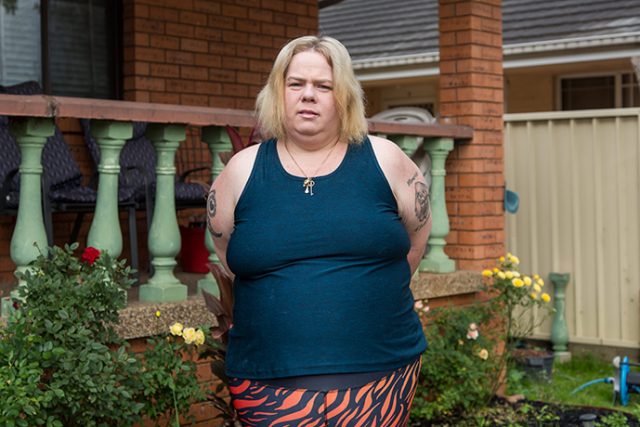After getting in trouble with the law last year, Kingswood resident Kirra Cochrane, who lives with an intellectual disability, was facing potential imprisonment.
Now, thanks to support from the Cognitive Impairment Diversion Program (CIDP) she has avoided jail time, gained employment and for the first time, been able to access the support she needs.
But despite the program changing lives, it is set to be axed this month by the State Government.
Ms Cochrane, along with the NSW Council for Intellectual Disability is lobbying for the program to remain, in fear more people with disabilities will fall through the cracks.
“If it weren’t for CIDP I would have gone to jail, they’ve completely turned my life around,” she said.
“Thanks to CIDP I got a proper diagnosis which my caseworker used to get me better support and more funding from the NDIS.
“She took the time and had the patience to listen to what I had to say so that I got the help I needed.”
The Cognitive Impairment Diversion Program was piloted from October 2017 at Gosford and Penrith Local Courts.
NSW Council for Intellectual Disability Senior Advocate Jim Simpson said the CIDP provides a vital bridge between the justice system and support services.
“People with cognitive disability are often charged with offences like fare evasion, shoplifting, drug possession and assaults,” he said.
“Often, their offences flow from their lack of understanding of legal rules and how to deal with difficult situations.
“Too often, magistrates send a person to jail, not because they want to, but because the person lacks the services to help them keep out of trouble.
“If the CIDP closes down, the opportunity to break a cycle of offending and lead a positive lifestyle will be lost for many people with cognitive disability and any people will unnecessarily end up in jail.”
The Department of Communities and Justice commissioned an evaluation and cost benefit analysis of the program, which was finalised in April 2019.
The findings concluded that the program was resource intensive, lacked timeliness and overall, was not cost effective.
A Department of Communities and Justice spokesperson said a transition plan to manage the end of the pilot has been developed, with support for clients available through the existing Statewide Community and Court Liaison Service and the Justice Advocacy Service.
To fight for the reinstatement of funding, sign the petition here: https://bit.ly/2A9oUcf.
Nicola Barton
A graduate of Western Sydney University, Nicola Barton is a news journalist with the Western Weekender, primarily covering crime and politics.

